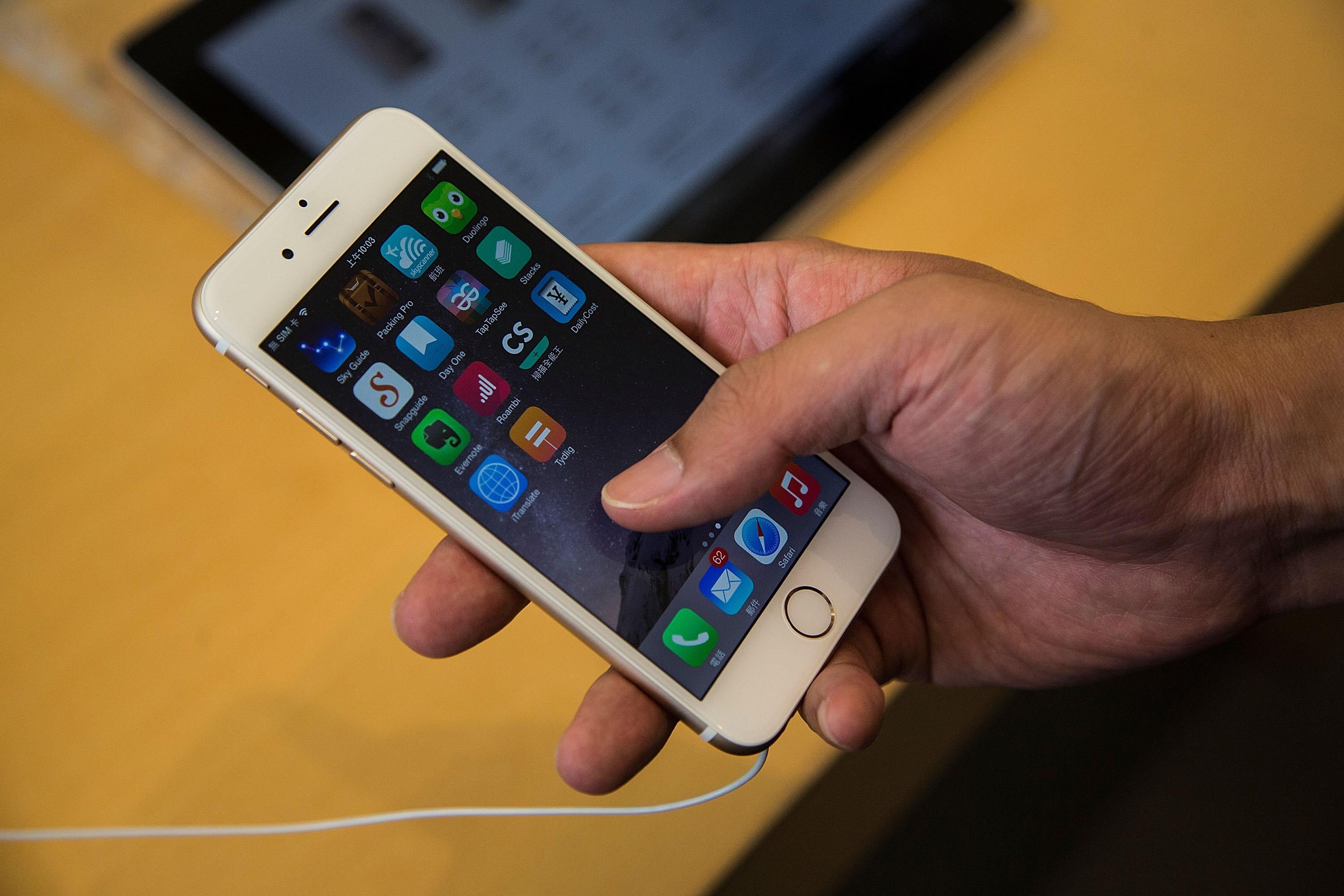The country’s security agencies are concerned about the new iPhone. And it’s not because it may not fit comfortably in your pocket or has special bending abilities, but rather because they’re locked out. The main fear, notes the New York Times, is that the smartphone marks “the first of a post-Snowden generation of equipment that will disrupt their investigative abilities.”
Why this concern? Because under its new operating system for iPhones, iPads and iPod Touch devices, “once users set a passcode, Apple will no longer be able to unlock your device—even if ordered to do so by a court,” as Matthew Green explained in Slate earlier this week. That means if a court orders Apple to reveal the contents of a phone, all it will be able to turn over is a set of nonsensical data.
Apple claims that breaking the code that is unique to each user’s phone could take more than five years, although experts say that underestimates how quickly agencies can crack codes. Apple isn’t the first to encrypt data on a phone, Google’s Android has been able to do that for years, although it is not the default setting. The next version of Android, however, will have the encryption as the default.
While security agencies worry about what this could mean to fight terrorism and other types of criminal activity, company executives say the U.S. government only has itself to blame. Revelations of the widespread nature of government eavesdropping has made everyone very suspicious of U.S. products. “Surviving in the global marketplace—especially in places like China, Brazil and Germany—depends on convincing consumers that their data is secure,” notes the Times. And as Green noted in his Slate piece, focusing only on the U.S. government is “shortsighted” considering that Apple has retail stores in 14 countries and sells phones in many more places: “The United States is not the only government with law enforcement, or with an interest in its citizens’ data.”
